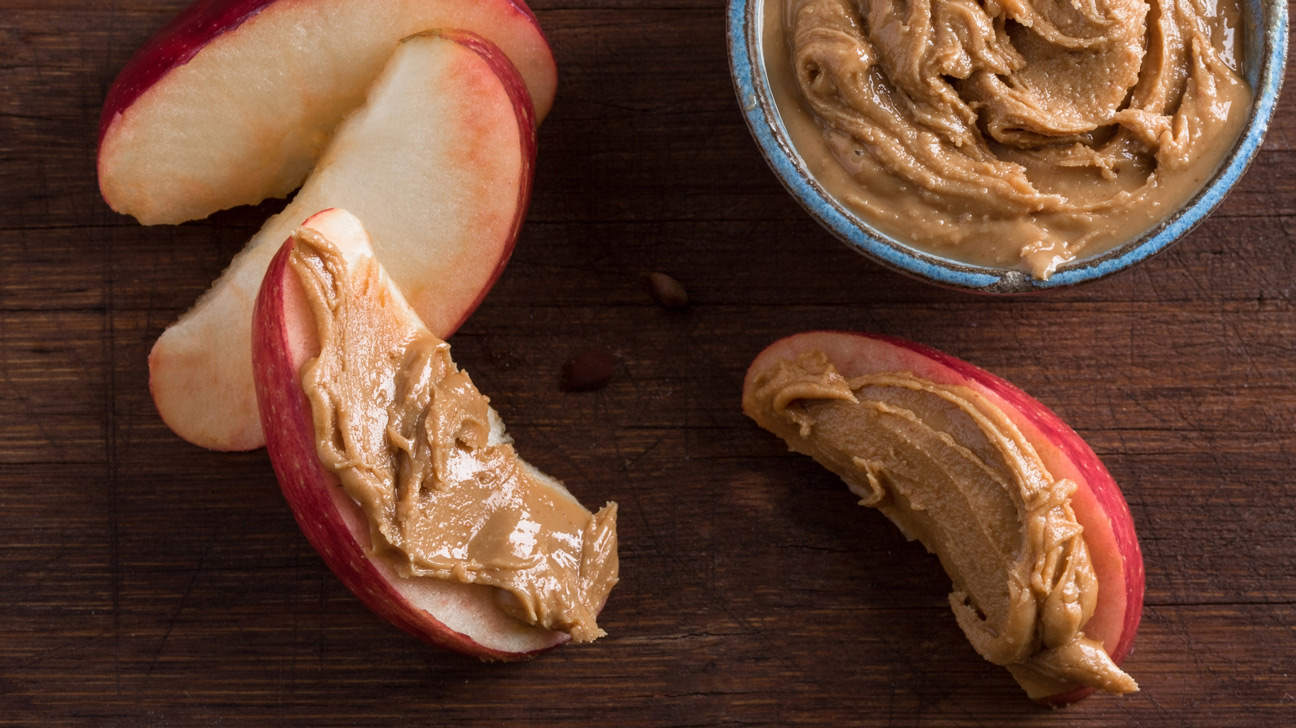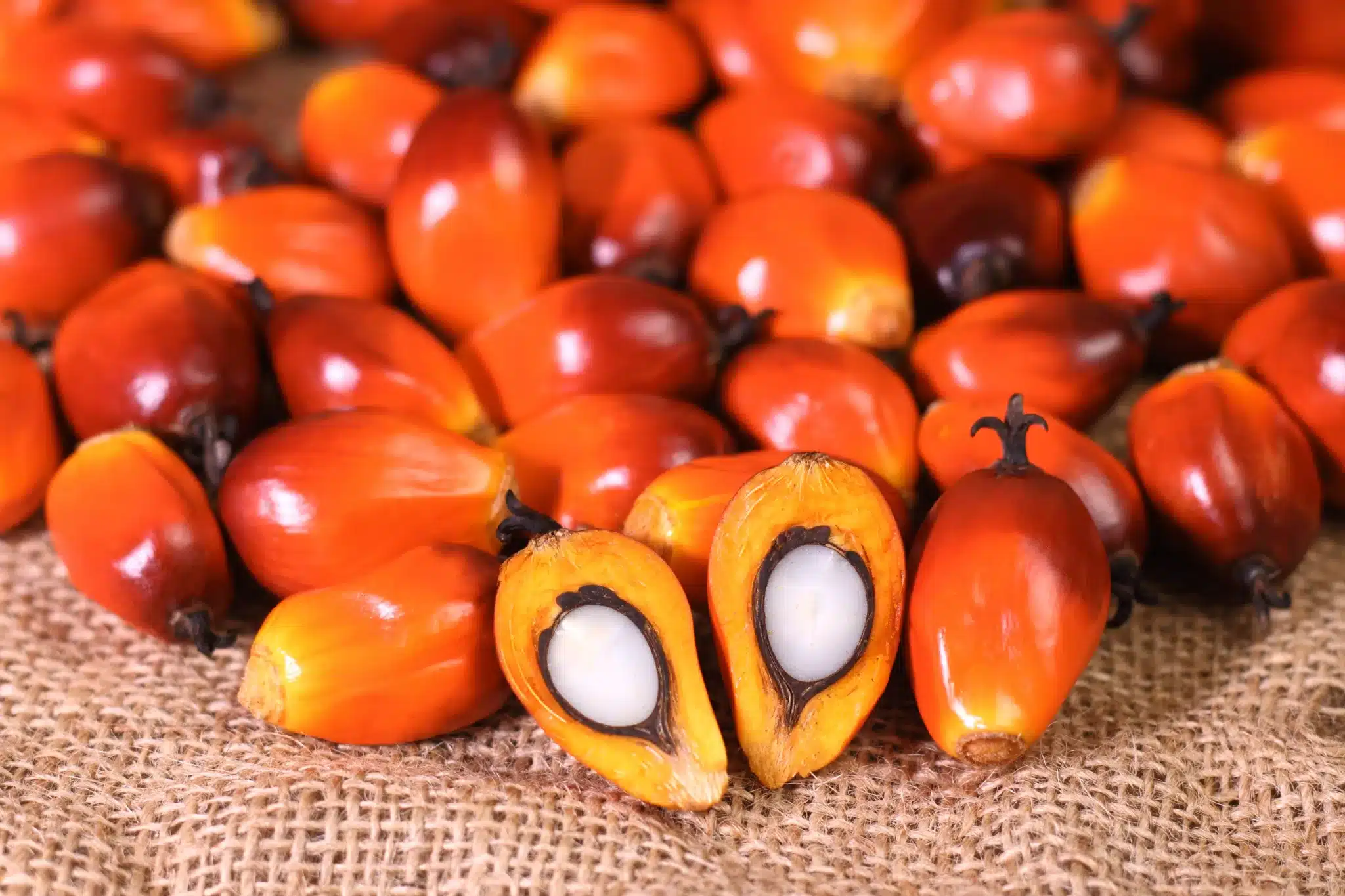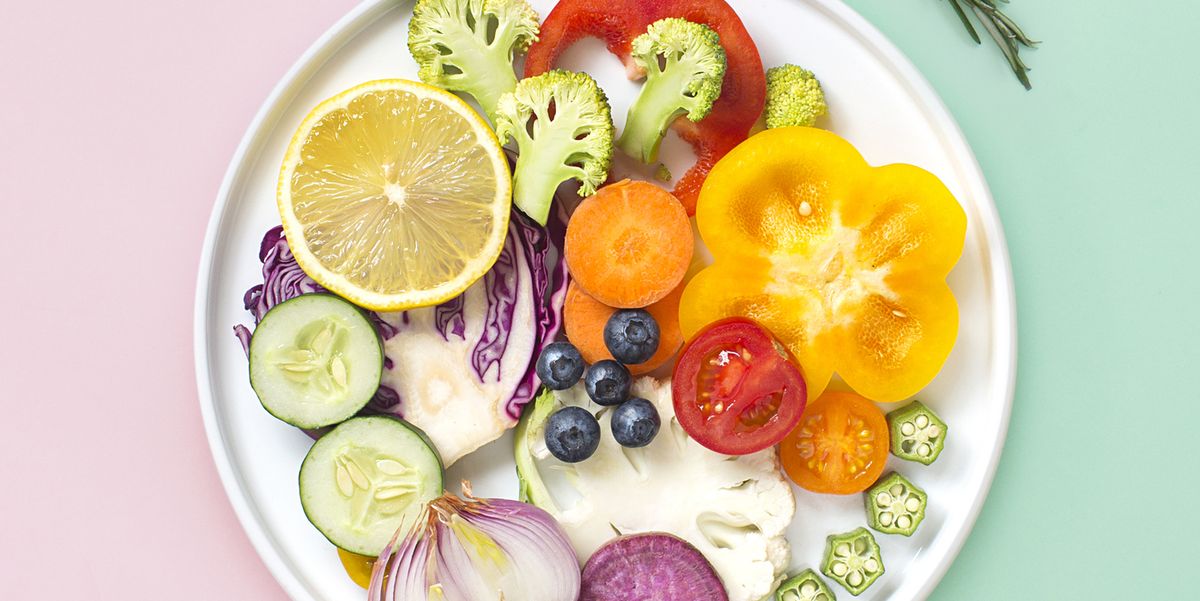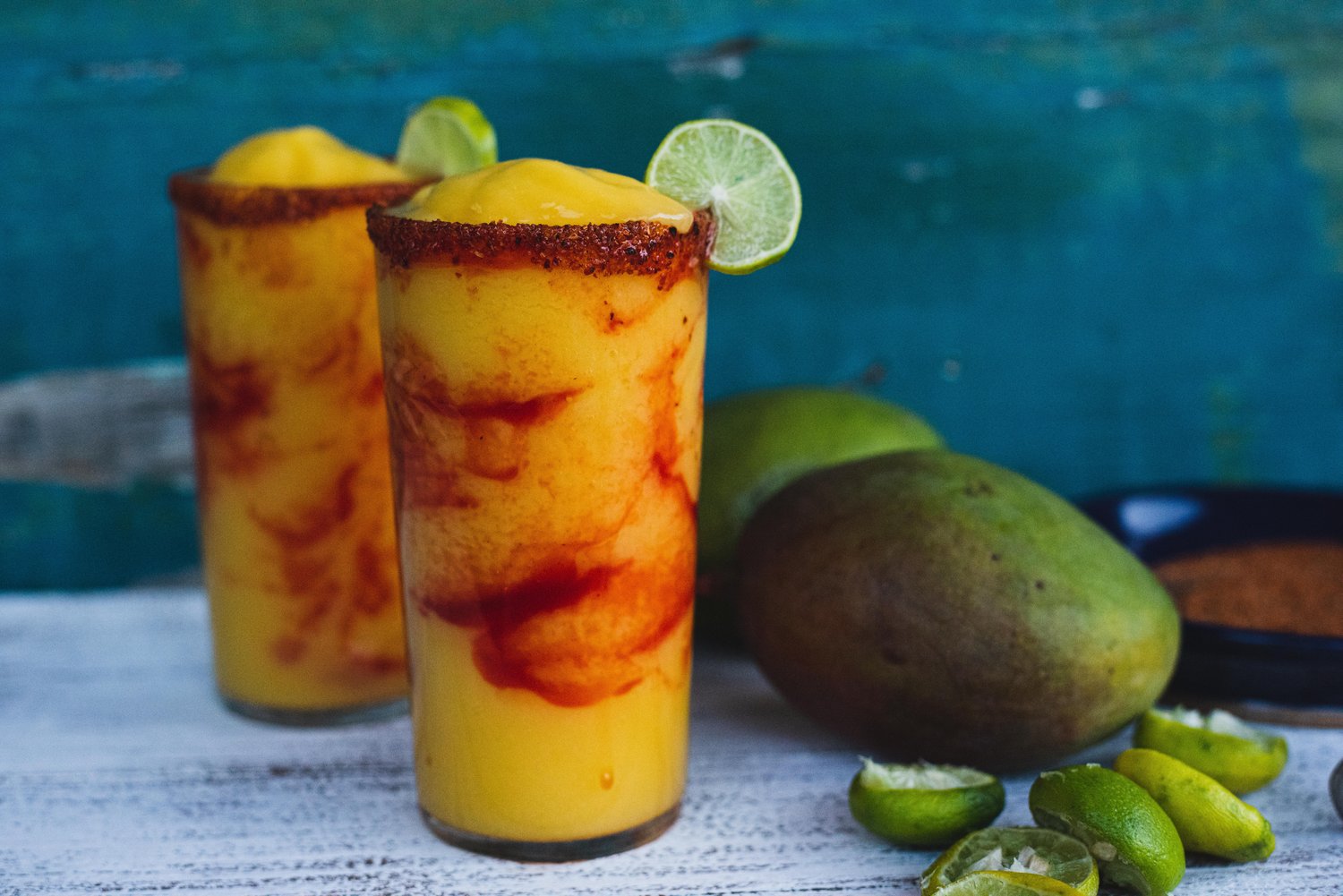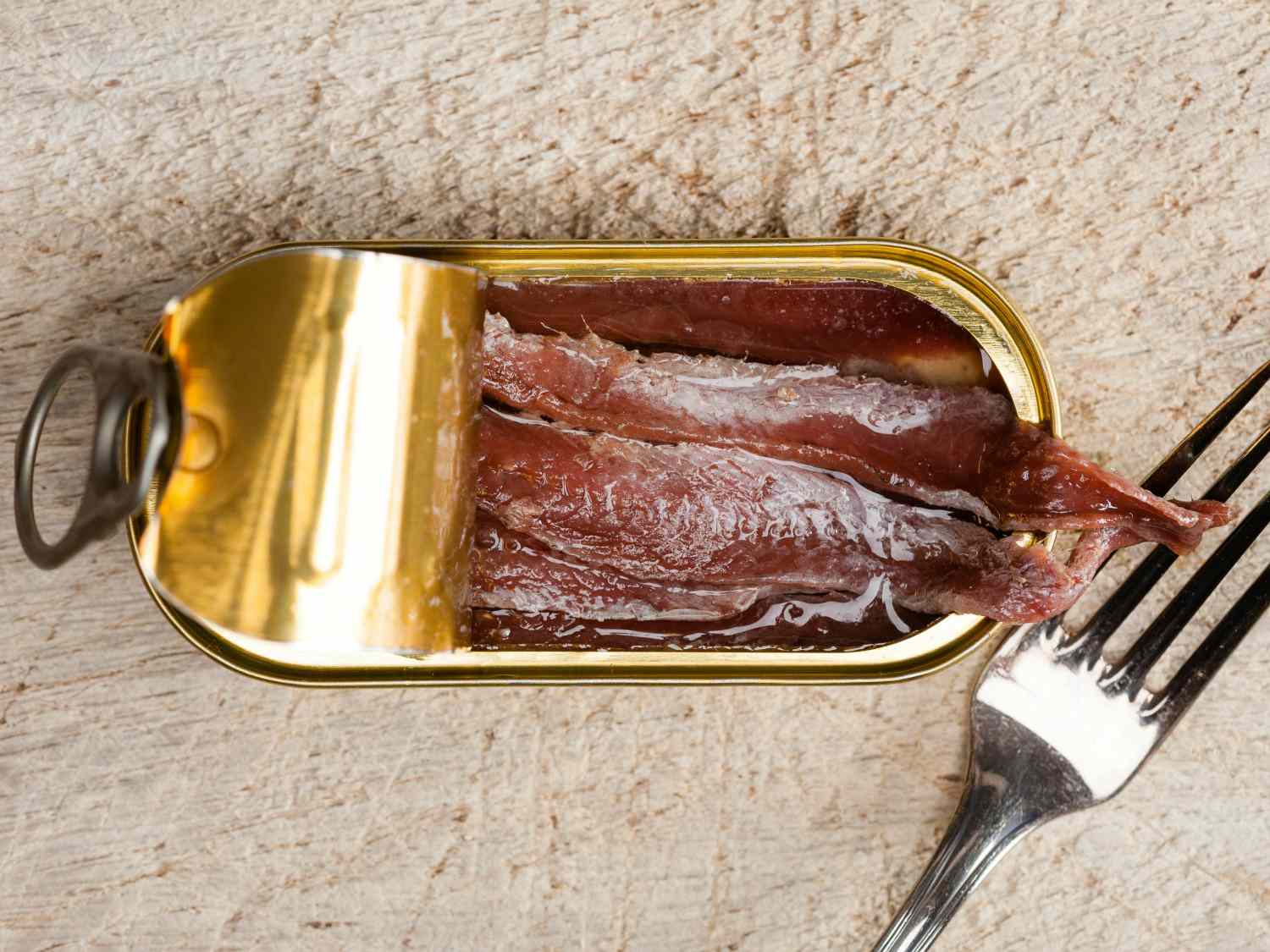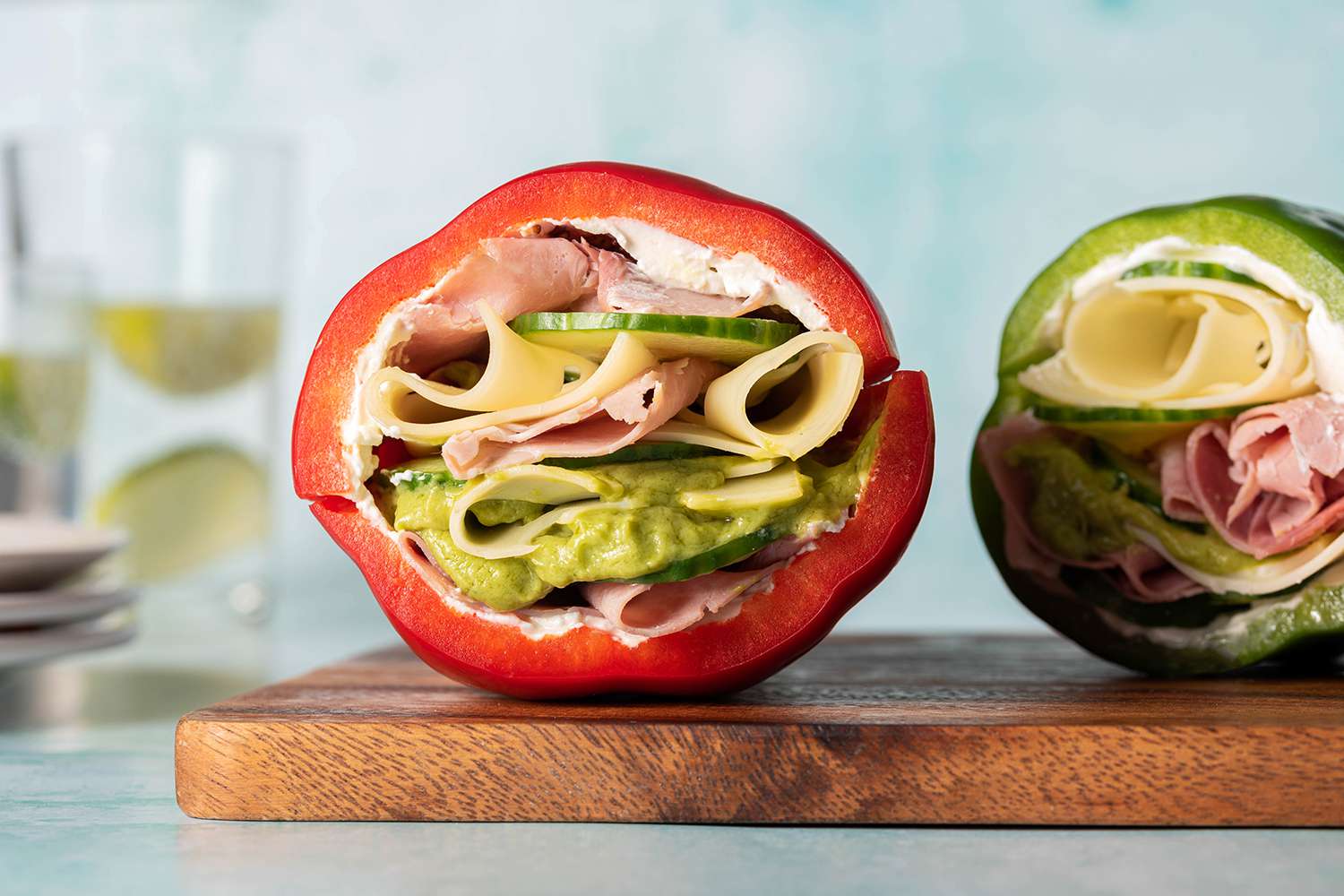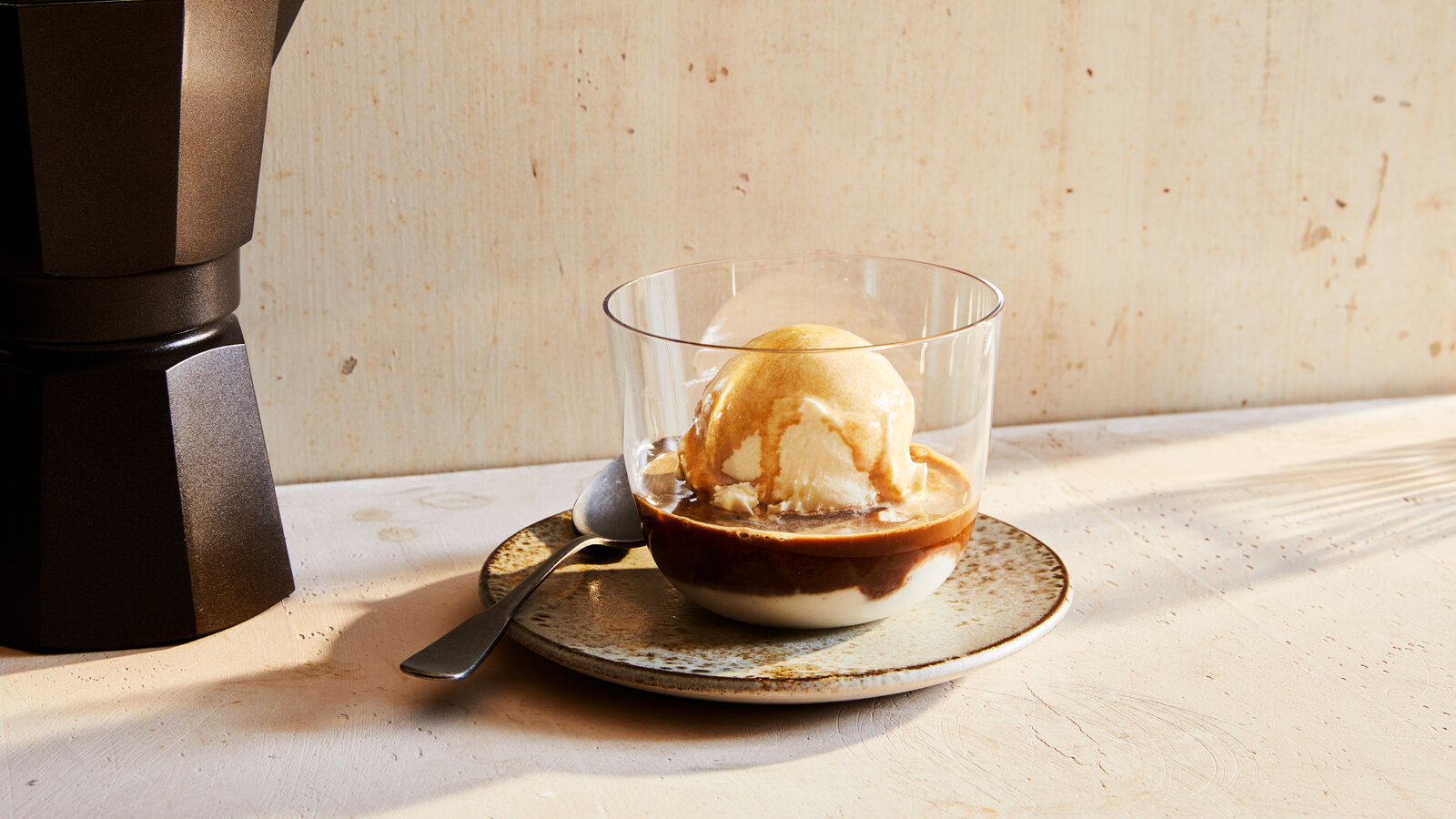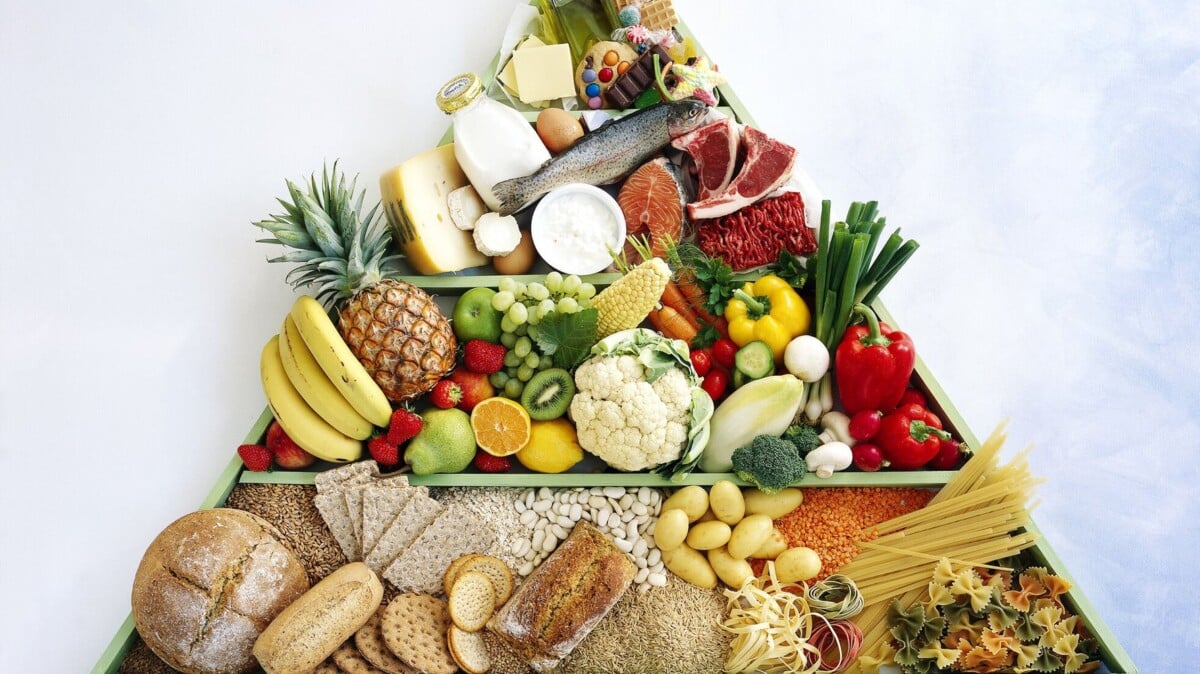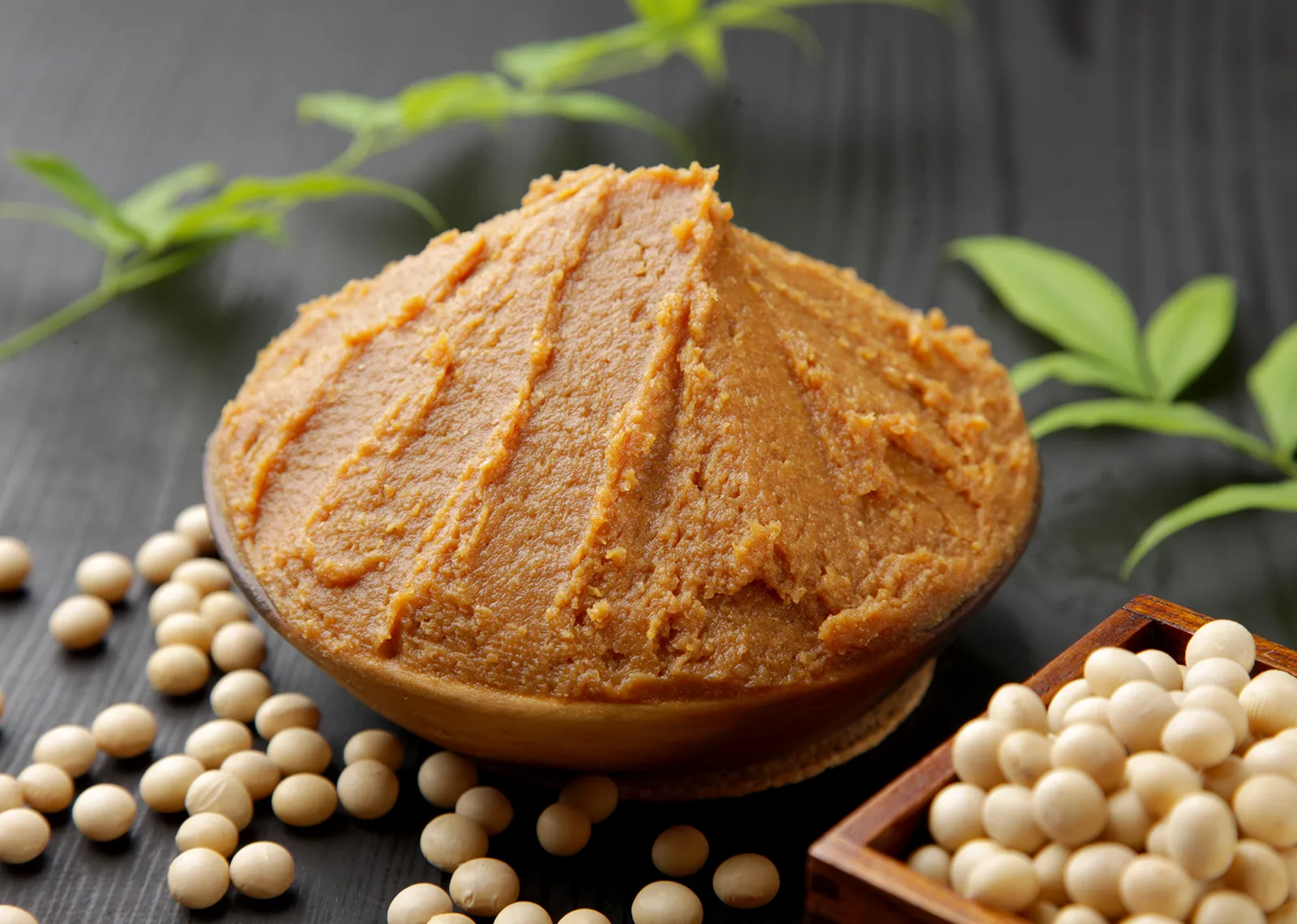Why Polyunsaturated Fats Are Important for Your Health
Polyunsaturated fats are a type of healthy fat that is essential for our overall well-being. They play a crucial role in maintaining healthy cells, reducing inflammation, and supporting heart health. There are two main types of polyunsaturated fats: omega-3 and omega-6 fatty acids. Both of these fats are considered essential because our bodies cannot produce them, so we need to obtain them from the foods we eat.
Sources of Polyunsaturated Fats
If you’re looking to incorporate more polyunsaturated fats into your diet, here are some excellent sources to consider:
- Fatty fish such as salmon, mackerel, and sardines are rich in omega-3 fatty acids.
- Flaxseeds, chia seeds, and walnuts are also great sources of omega-3 fatty acids.
- Sunflower seeds, soybean oil, and corn oil are high in omega-6 fatty acids.
- Other sources of polyunsaturated fats include tofu, soy milk, and leafy green vegetables.
How to Incorporate More Polyunsaturated Fats Into Your Diet
Now that you know where to find polyunsaturated fats, here are some simple and delicious ways to include them in your daily meals:
- Start your day with a serving of chia seed pudding topped with walnuts and fresh berries for a breakfast rich in omega-3 fatty acids.
- Swap out your regular cooking oil for sunflower or soybean oil when preparing meals.
- Enjoy a grilled salmon salad for lunch, packed with omega-3 fatty acids and leafy greens.
- Snack on a handful of mixed nuts or seeds for a satisfying and nutritious pick-me-up during the day.
- Incorporate tofu into stir-fries or curries for a plant-based source of polyunsaturated fats.
- Consider taking a high-quality fish oil supplement to ensure you’re meeting your omega-3 fatty acid needs, especially if you don’t regularly consume fatty fish.
The Benefits of a Diet Rich in Polyunsaturated Fats
Adding more polyunsaturated fats to your diet can have numerous health benefits, including:
- Supporting heart health by lowering cholesterol levels and reducing the risk of heart disease.
- Reducing inflammation in the body, which can help alleviate symptoms of conditions such as arthritis and asthma.
- Supporting brain health and cognitive function, particularly with omega-3 fatty acids.
- Improving skin health and overall appearance due to the anti-inflammatory properties of polyunsaturated fats.
Final Thoughts
It’s clear that polyunsaturated fats play a crucial role in our overall health and well-being. By incorporating more omega-3 and omega-6 fatty acids into your diet, you can support your heart, brain, and overall vitality. With a wide variety of delicious and nutritious foods to choose from, adding more polyunsaturated fats to your meals can be both enjoyable and beneficial. So, go ahead and start exploring the wonderful world of polyunsaturated fats for a healthier and happier you!
Recipes to Boost Your Intake of Polyunsaturated Fats
After understanding the benefits of polyunsaturated fats, it's time to put theory into practice with some delectable recipes designed to enrich your diet. For those looking to enhance their omega-3 intake, the Grilled Salmon with Avocado Salsa and Baked Mackerel with Lemon and Herbs are highly recommended. These dishes not only offer a hearty dose of beneficial fats but also bring a burst of flavor to your dining table. Vegetarians might prefer the Tofu and Vegetable Stir-Fry with Sesame Oil, which combines health with the savory delights of Asian cuisine. For a quick and nutritious start to the day, try the Flaxseed and Banana Smoothie, packed with fiber and omega-3. Each recipe is crafted to make integrating polyunsaturated fats into your diet not only easy but also enjoyable.
